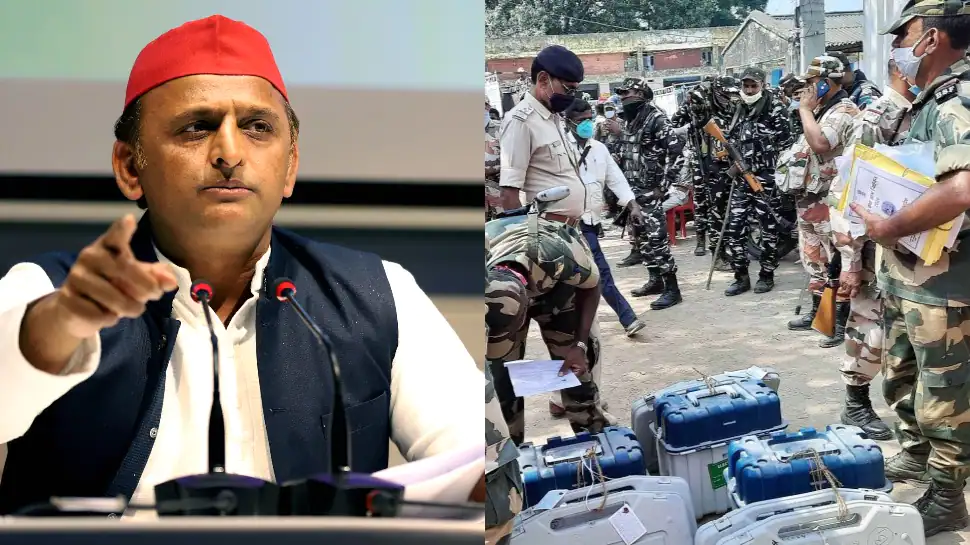A deadly terror attack jolted the serene tourist town of Pahalgam in Kashmir on Tuesday, leaving at least 28 tourists, including two foreign nationals, dead. The tourists were mostly from other states, including Madhya Pradesh, Karnataka, and Gujarat. The attack, considered the Valley’s most severe strike on civilians since the 2019 Pulwama attack, has sent shockwaves through the region and across the country.
The timing is particularly damaging, as Jammu and Kashmir’s tourism sector had just begun to rebound post-pandemic, with rising footfalls and renewed investor confidence. The April 22 incident now threatens to derail that fragile momentum.
Several tourists have cancelled their summer travel plans to the Kashmir Valley. Experts fear that the April 22 attack, one of the deadliest strike against civilians in recent memory, could also see businesses put their investment plans on hold, potentially impacting the gross state domestic product (GSDP), which beat the national average in FY25.
To gauge the early impact of the devastating attack in the valley, Zee News English reached out to various hotel chains in Pahalgam via telephonic interviews. A reservation manager for Waterfront Pine and Shabnam Resort, speaking on condition of anonymity, said “Many tourists are cancelling their advance bookings and the guests are also leaving.” On being asked about the losses being faced by the hotel due to the attack, she said, “This attack has seriously impacted our business, loss is inevitable but the safety of our guests is of paramount importance.”
On condition of anonymity, another reservation manager said many people have cancelled their advance bookings and the existing guests are also cutting short their vacation and leaving Pahalgam. Multiple hotels declined to comment, indicating the scale of uncertainty and concern gripping the region.
Commenting on the situation, Mr Satyen Jain, Chairman & Managing Director, Pride Hotels Group said, “It is deeply unfortunate and saddening to witness the recent incident in Kashmir. Naturally, the immediate aftermath has seen a drop in bookings, hotel cancellations, and flight disruptions, specifically in Pahalgam and nearby areas. However, it is important to note that other tourist destinations across India have not been impacted by this isolated incident. Travel sentiment remains positive in most parts of the country, and we continue to see stable occupancy and demand in these regions.”
Mr Satyen said, “From an expert’s perspective, the immediate impact will be a temporary drop in tourist visits to Kashmir because of travel disruptions. However, the Indian hospitality sector has shown great strength and recovery in the past during similar situations. History tells us that tourism always bounces back strongly.”
Tourists Flee Kashmir After Pahalgam attack
Thousands of tourists have begun leaving Kashmir after the gruesome terror attack in Pahalgam on Tuesday, with authorities making all efforts for the safe return of the visitors to their respective home states.
People associated with tourist trade, as quoted by PTI, said most of the tourists were leaving the valley due to fear, a day after 26 tourists were killed by terrorists at Baisaran meadows in Pahalgam resort in Anantnag district.
“We know tourists have by and large been safe in Kashmir but with such an incident happening here, one cannot expect them to stay back. The cancellations are massive, close to 80 per cent,” Aijaz Ali, a travel operator from Srinagar, said.
He said there were cancellations of packages even for next one month.
“All the good work over the past several years has gone down the drain. It will take a lot of convincing to bring tourists again to Kashmir,” Ali added.
While most tourists are scared, some are staying back.
Tourism Sector Accounts for 7-8 Percent of J&K’s GSDP
J&K’s Economic Survey 2024-25 said the UT’s GSDP, in real terms, grew 7.06 percent in 2024-25 (advance estimates), largely at the same rate as in 2023-24 (7.08 percent). In 2022-23, the GSDP had risen sharply by 9.31 percent, while in 2021-22, it had grown merely 2.67 percent. The year 2020-21 had seen GSDP growth at (-)1.33 percent, and 2019-20 at (-)0.99 percent.
Since 2022-23, J&K’s economic growth has fared slightly above than the national average, and in the past three financial years, the UT’s growth has averaged 7.81%, marginally more than the nation’s average of 7.77%.
For 2025-26, the UT’s GSDP was being projected to grow around 9.5 percent, driven by strategic policy measures, infrastructure development and business friendly initiatives, J&K’s Chief Minister Omar Abdullah had said during his Budget speech in March.
(With agency inputs)






